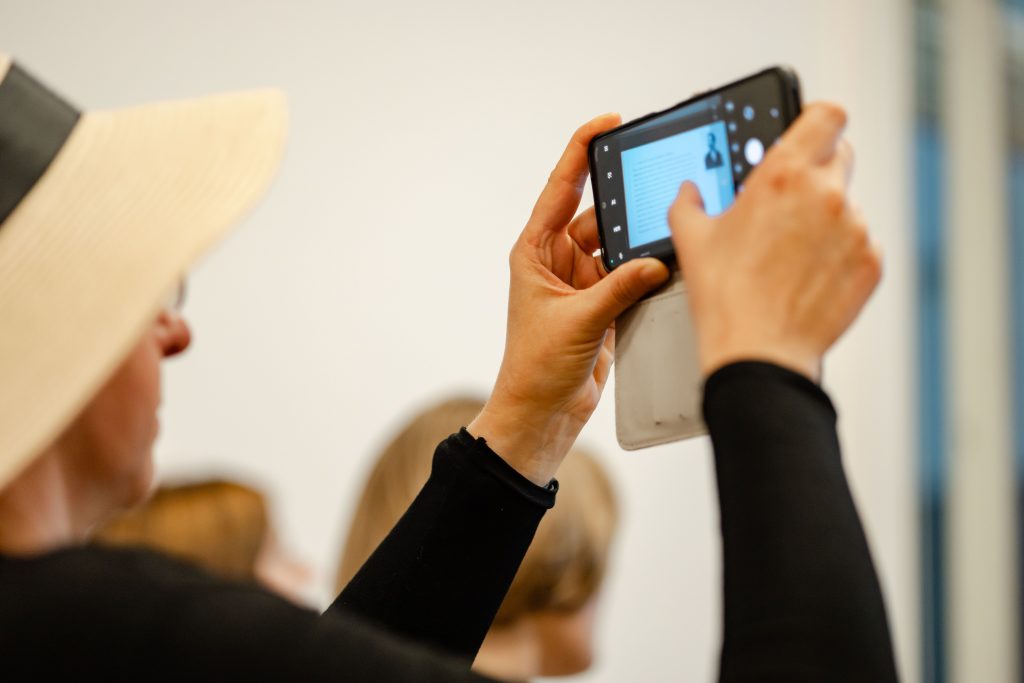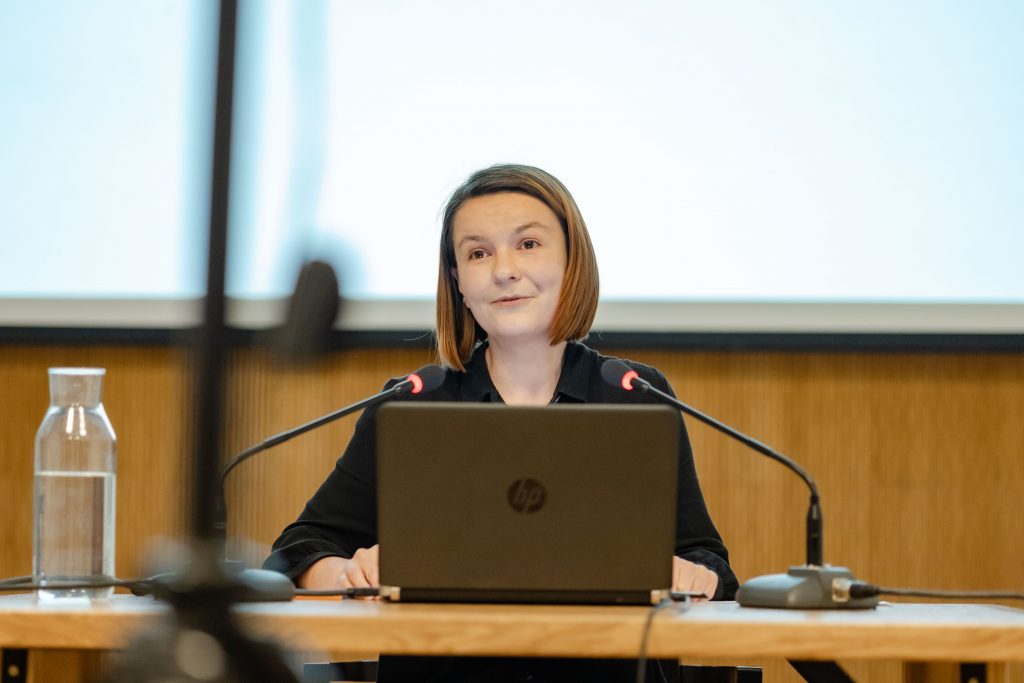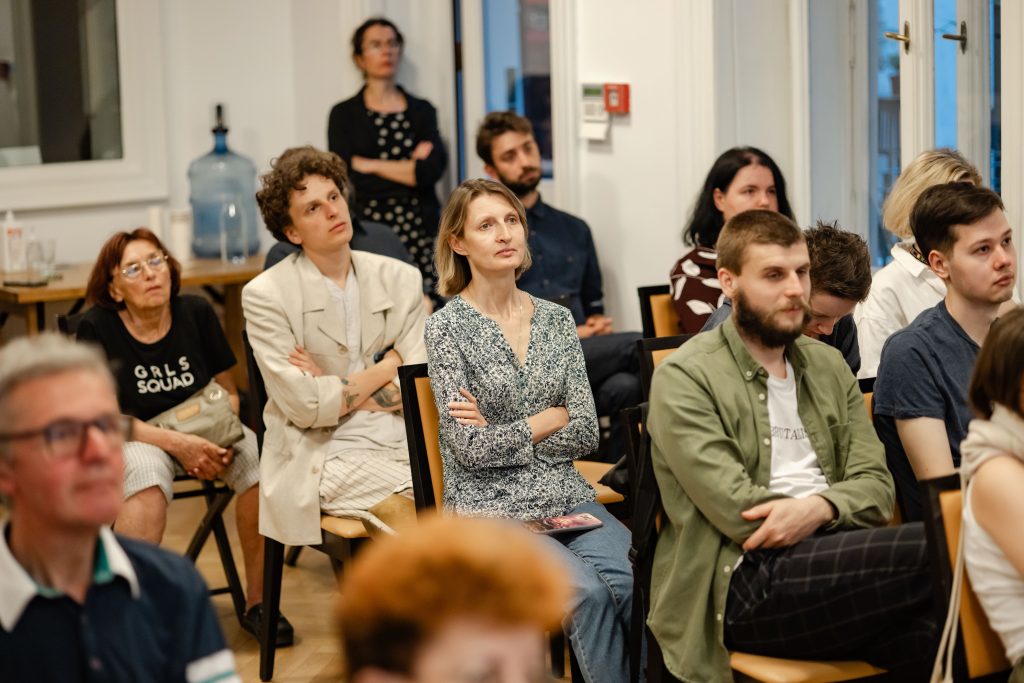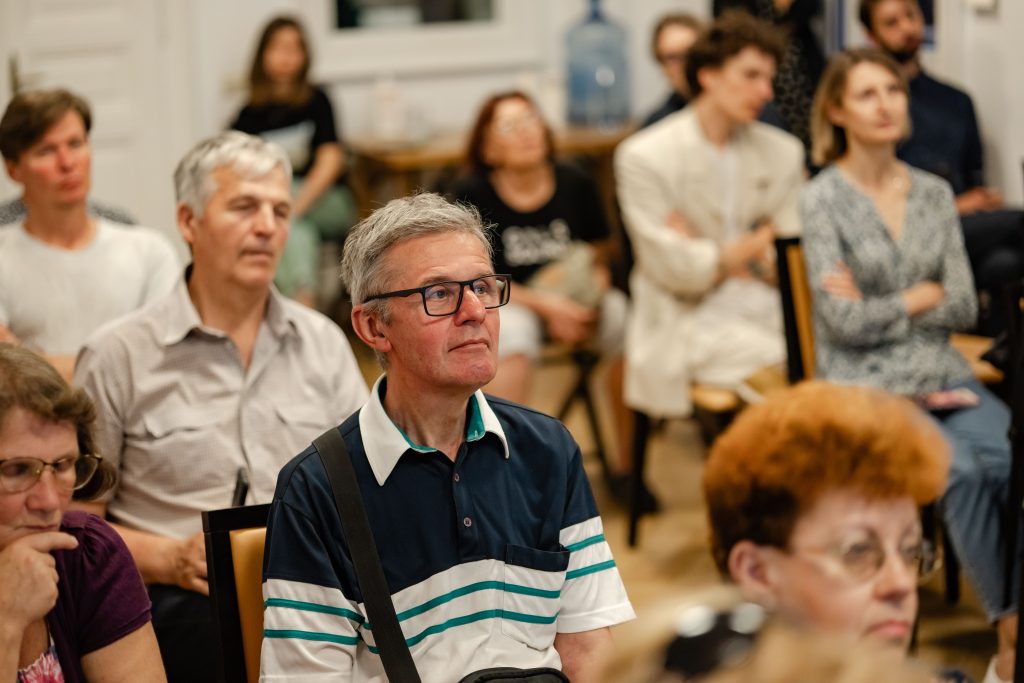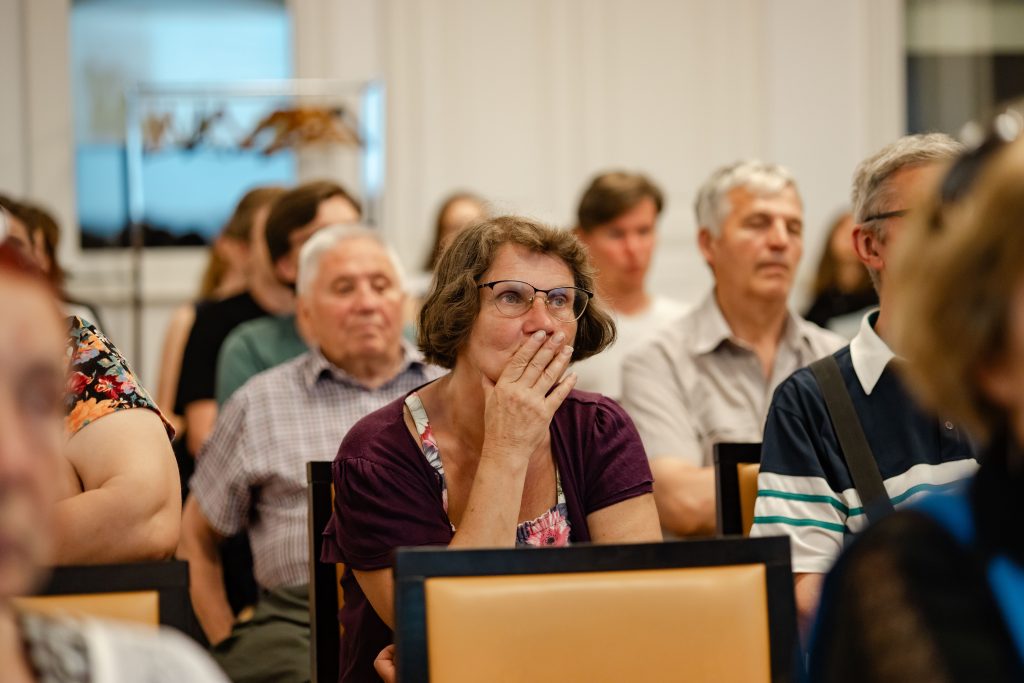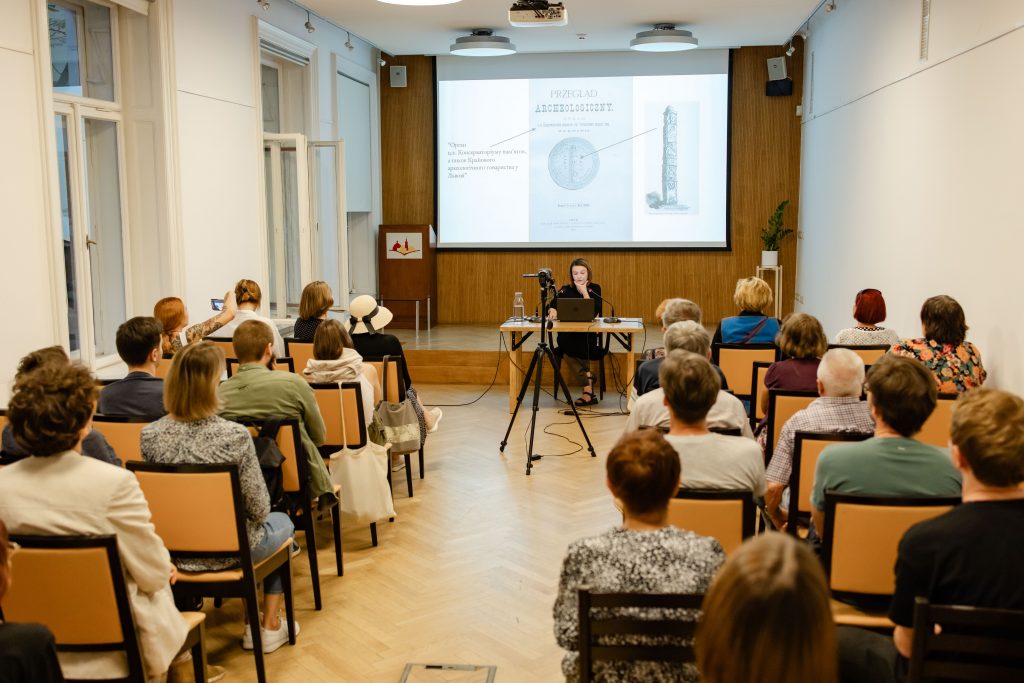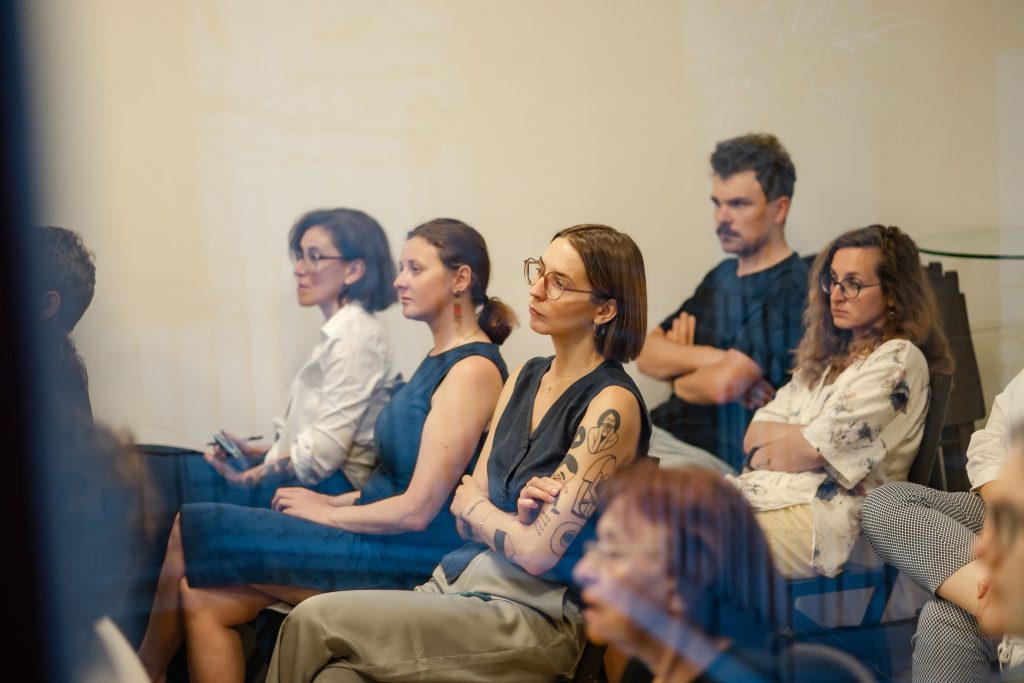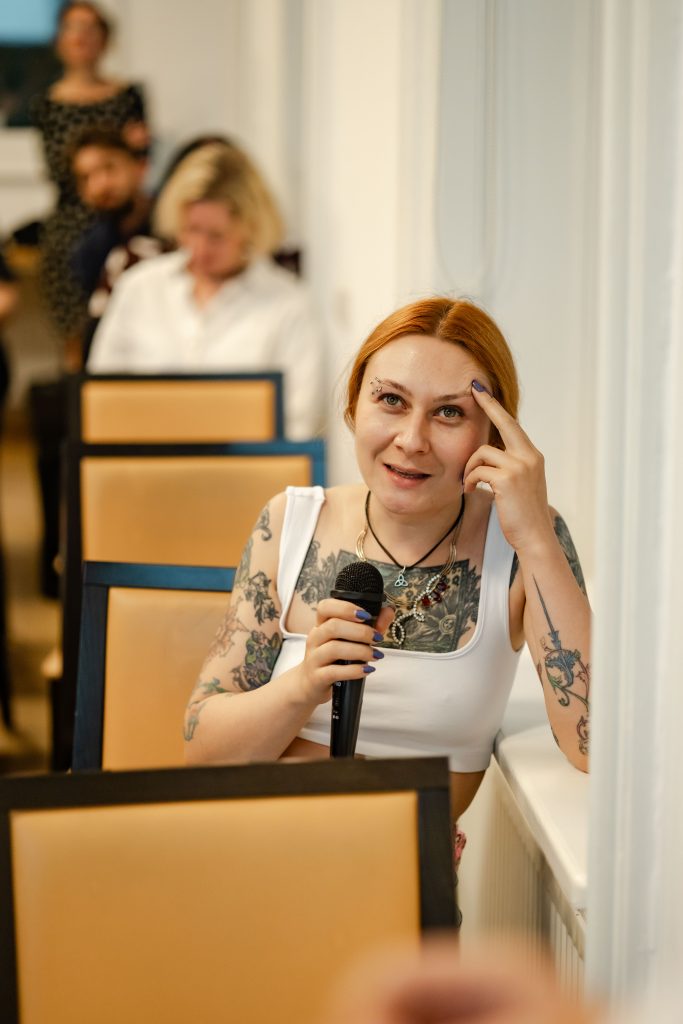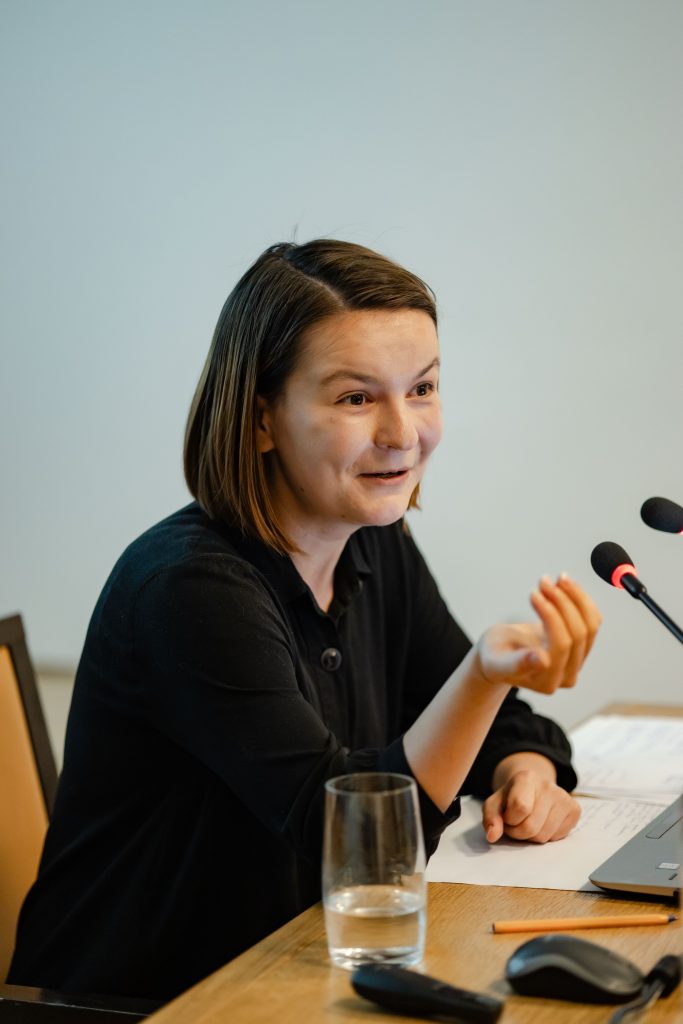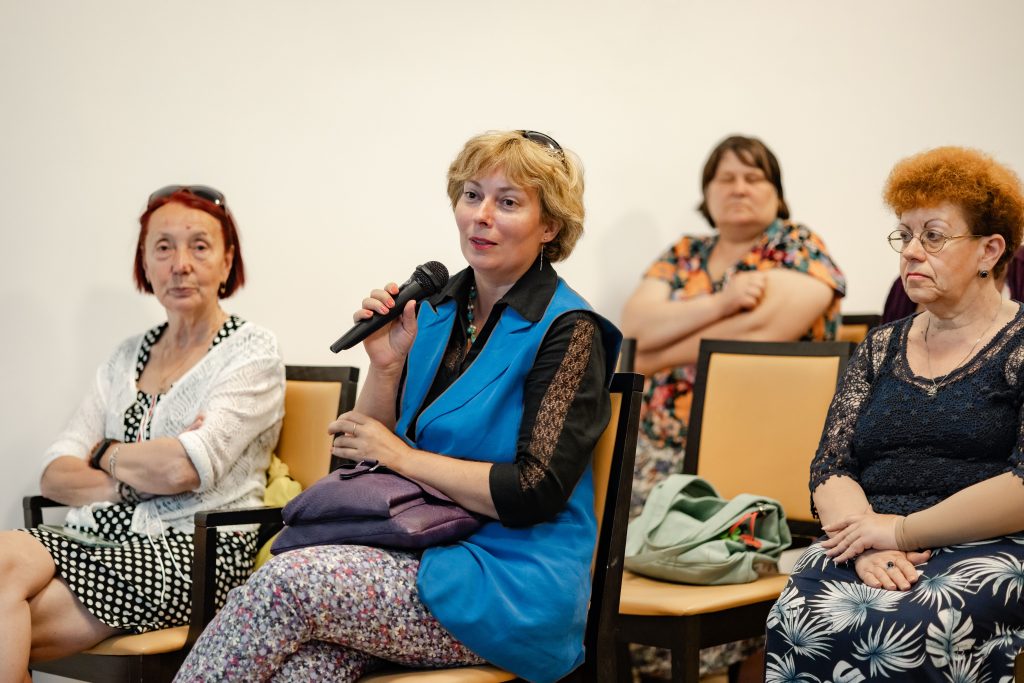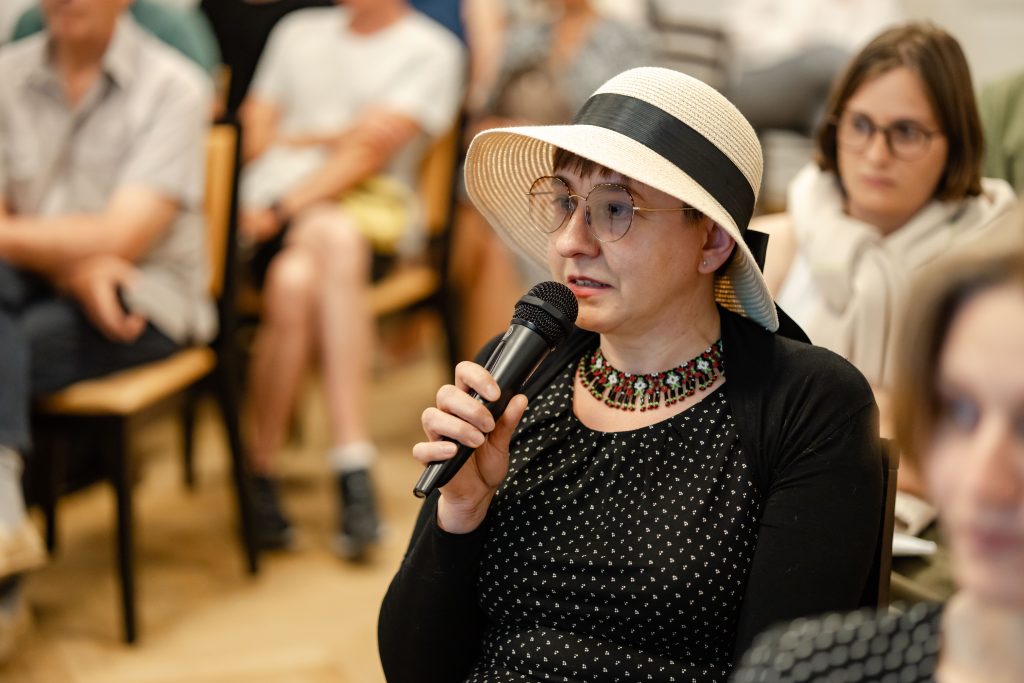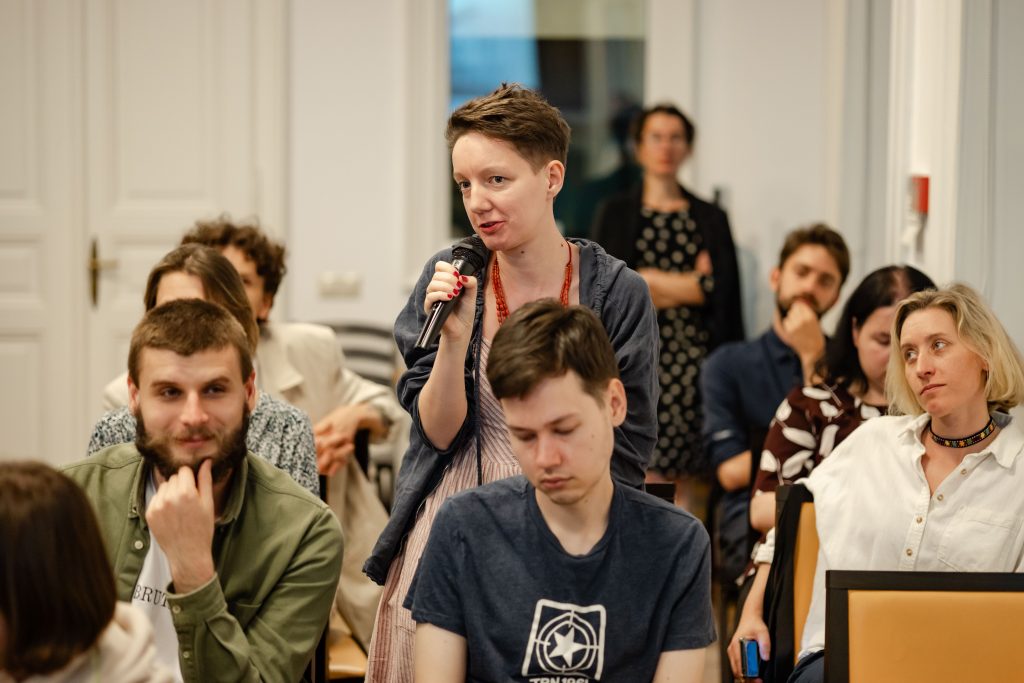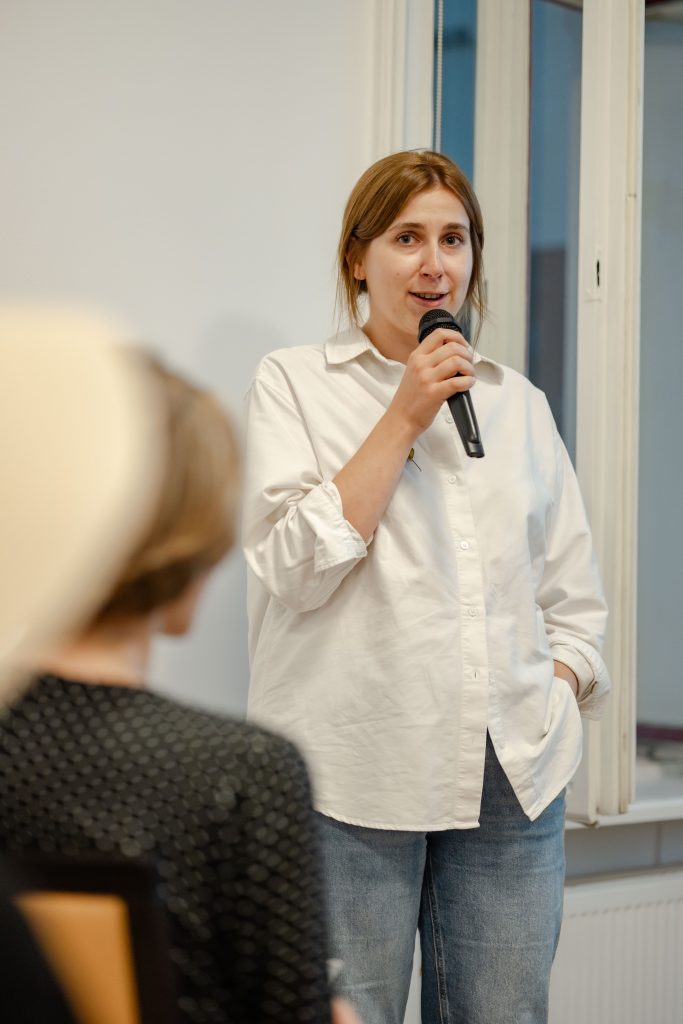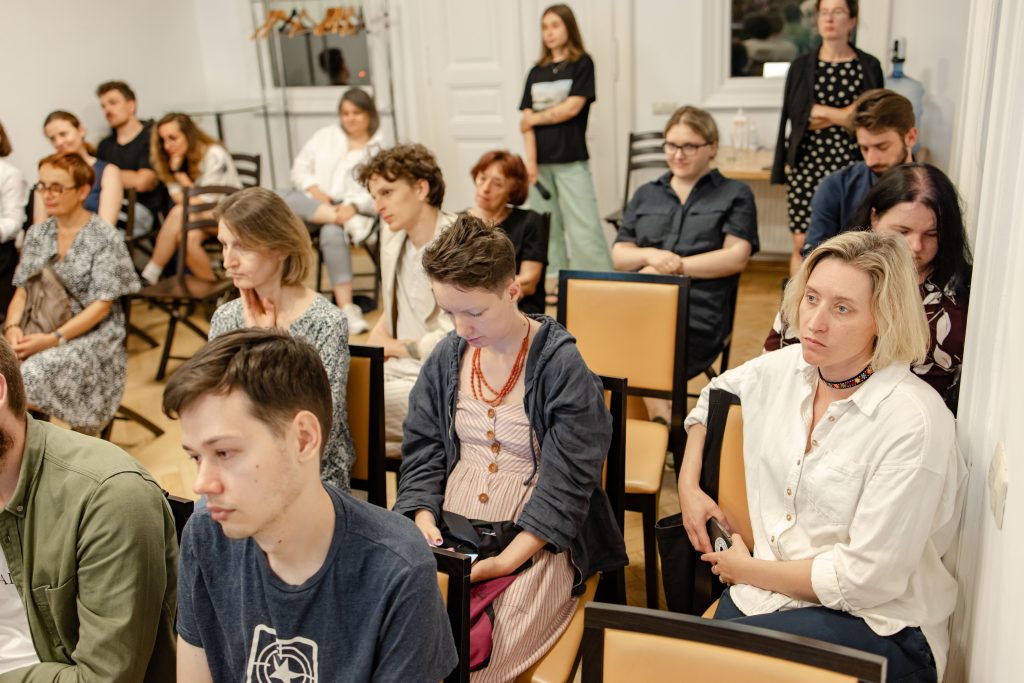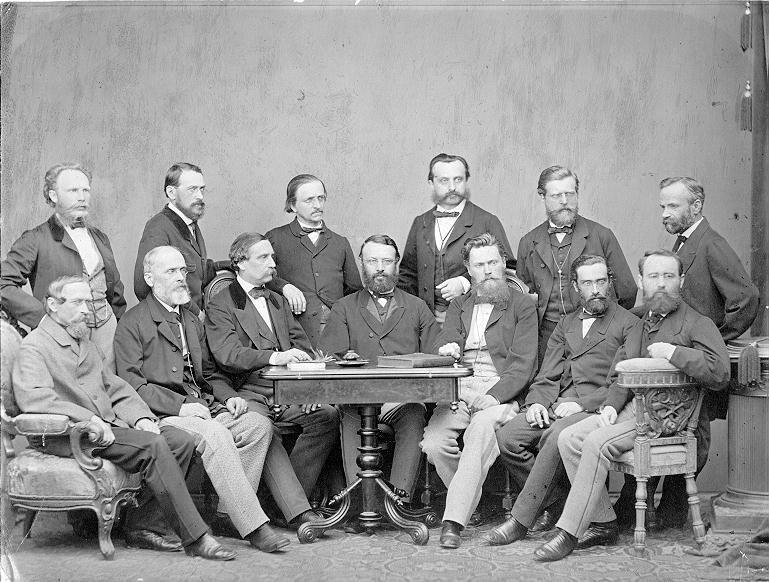Aristocrats, Amateurs, and Architects: The Beginnings of Heritage in Lviv
Olha Zarechnyuk
Center for Urban History18.7.2023, 18:30
Conference Room of the Center for Urban History
We invite you to the lecture by Olha Zarechnyuk that continues the series of lectures on the experiences of modern Lviv titled "Let's Have a City..."
Heritage protection had its beginnings in the eighteenth century and focused on the monuments of the ancient world. The development of its ideas and approaches was closely connected with the threats of the French and Industrial Revolutions and the rapid transformation of the world in the course of modernization processes. As of the mid-nineteenth century, the Austrian Empire, in which Lviv was one of the regional capitals, also introduced institutionalized protection of architectural monuments. Heritage protection was interpreted as a patriotic duty of citizens and was defined by vague, legally unstable categories. On the one hand, this did not allow the field to operate effectively, and on the other hand, it opened up space for personal initiative and agency of individual persons involved in the process.
Lviv's monument conservators-from individuals in the 1850s and 1880s to a larger group in the 1890s-tried to pursue their own policy with as little regard as possible for their formal leaders in Vienna, the Central Commission for the Study and Care of Architectural Monuments, which had been operating since 1853 under the patronage of Emperor Franz Joseph and, since 1910, Archduke Franz Ferdinand. Thanks to them, the perception of Lviv as a city without monuments, widespread in the mid-nineteenth century, disappeared. The city's past and its heritage were rethought, and a course was set for their research, preservation, and popularization. Thanks to them, many Lviv monuments have also significantly changed their appearance and lost their authenticity.
The lecture will focus on individuals from the field of monument conservation: from the aristocrat and amateur Mieczysław Potocki to professional historians (such as Aleksander Czołowski) and practicing architects (such as Julian Zachariewicz); it will address the issues of (self-)organization and the complex relations between Lviv and Vienna and Kraków, the professionalization of monument conservationists, their different backgrounds, and approaches to conservation and restoration.
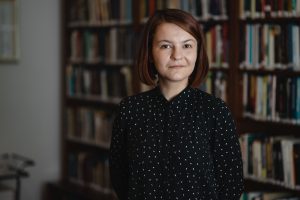
Olha Zarechnyuk
Architectural researcher, architectural editor of the “Interactive Lviv” project, author of architectural descriptions of houses, conducts city walks on architectural topics.
Credits
Gallery: Bohdan Yemets

